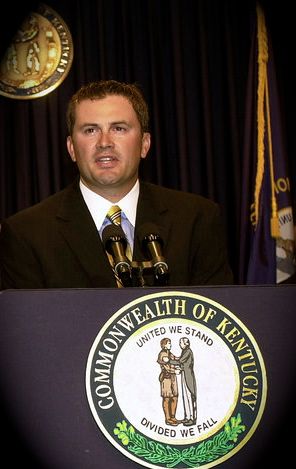Optimism for SOAR Conference
As the Shaping Our Appalachian Region (SOAR) Conference approaches, interest and excitement is growing. Over 1,000 people have already registered for the one-day meeting in Pikeville, KY on December 9th, and editorials and articles about it are popping up in newspapers across the region. The facilitator for the conference, Chuck Fluharty of the Rural Policy Research Institute, recently wrote a column about his optimism for the day's outcomes. Rural regions too often get short shrift from the federal government, Fluharty says (and we agree), so it's even more important that local people get together to solve their own problems. Here's a snippet from the column, which you can read in its entirety at the Agri-Pulse website. Prior to the press conference announcing this Summit, they held the first meeting of the SOAR Planning Committee, who appeared with them at the media event. These fifty citizens of eastern and southern Kentucky, representing the diverse interests and organizations which call Appalachian Kentucky home, were asked to create the Summit agenda, and support its way forward. In response to media questions, they all echoed a common theme-the SOAR Summit is simply the first step in a journey, not just an event. These folks have been here before, many times. There have been countless commissions, strategic plans, and working groups designed to address the challenges in Appalachian Kentucky. Though all were well-intentioned, and most quite well done, the regional will necessary to move from words to action could never be sustained. Governors and legislative leadership changed,...
Read More








